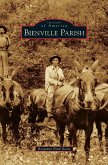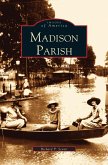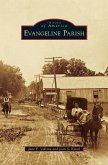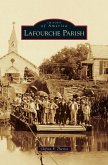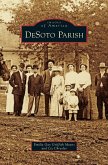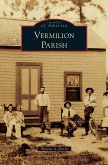In the mid-1700s, the French explored the area that is now Iberia Parish. By 1765, many Acadians arrived, and the Spanish settled along the Bayou Teche in 1779. They named the area Nueva Iberia after the Iberian Peninsula in Spain. Sugarcane plantations along Bayou Teche attracted Anglo-Americans and their slaves. In the mid-19th century, with the second Francophile migrations, French became the dominant language. By the end of Reconstruction, distinctions between Acadians and neighboring groups blurred, giving rise to a new people--the Cajuns. Today, Iberians stay true to their agrarian roots, as evidenced in farming, ranching, fishing, and hunting. Religion remains strong, and the arts are encouraged. Iberia Parish is known as the hottest (Tabasco), sweetest (sugarcane), oiliest (oil drilling), and saltiest (salt mines) place on earth.
Hinweis: Dieser Artikel kann nur an eine deutsche Lieferadresse ausgeliefert werden.
Hinweis: Dieser Artikel kann nur an eine deutsche Lieferadresse ausgeliefert werden.


